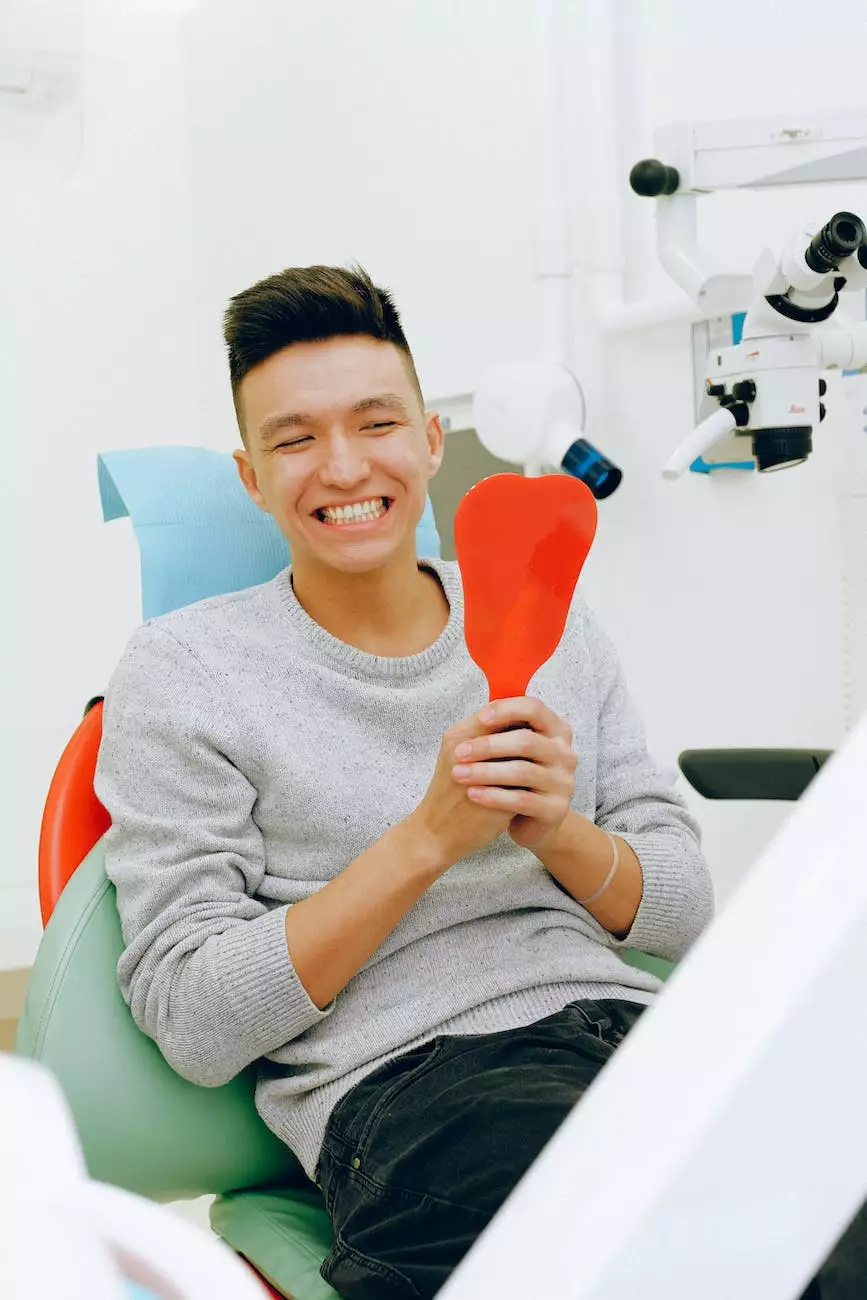What Causes Premature Ejaculation?
Injuries
Premature ejaculation is a common condition that affects many individuals and can have a significant impact on their sexual experiences. At Pain Cream Advisors, we strive to provide comprehensive information and assistance to those seeking relief from this condition. In this article, we will explore the various causes of premature ejaculation, shedding light on this topic and offering insights to help you understand the potential underlying factors.
Understanding Premature Ejaculation
Premature ejaculation occurs when a man ejaculates during sexual activity sooner than he or his partner desires. While the exact duration may vary from person to person, it is generally defined as ejaculation that occurs within one minute of penetration or even before penetration. It can lead to frustration, anxiety, and dissatisfaction in both partners, affecting their sexual relationship.
Potential Causes of Premature Ejaculation
1. Psychological Factors
Psychological factors play a significant role in premature ejaculation. Stress, anxiety, depression, and performance-related pressure can all contribute to this condition. Relationship issues, lack of confidence, or previous negative sexual experiences may also be contributing factors. Understanding and addressing these psychological factors can help in managing and overcoming premature ejaculation.
2. Biological Factors
Biological factors can also contribute to premature ejaculation. Some men may have abnormal hormone levels or an imbalance in their brain chemistry, which can affect sexual function. Additionally, conditions such as prostate issues, thyroid problems, or genetic predisposition may increase the likelihood of premature ejaculation. Identifying and treating these underlying biological factors can be essential in finding relief.
3. Behavioral Habits
Certain behavioral habits may contribute to the development of premature ejaculation. For instance, individuals who rush through sexual encounters or have infrequent sexual activity may not have enough control over their arousal levels, leading to early ejaculation. Learning techniques to slow down and regulate sexual stimulation can help in prolonging sexual activity and delaying ejaculation.
4. Performance Anxiety
Performance anxiety is a key psychological factor that can contribute to premature ejaculation. The fear of not satisfying one's partner or experiencing embarrassment during sexual activity can significantly impact a person's ability to control ejaculation. Developing healthy coping mechanisms, seeking support, and open communication with one's partner can help alleviate performance anxiety and improve sexual experiences.
Seeking Assistance from Pain Cream Advisors
At Pain Cream Advisors, we understand the impact that premature ejaculation can have on one's overall well-being and relationships. Our team of knowledgeable professionals in the field of sexual health is dedicated to providing guidance and support to individuals seeking relief from this condition. Through a personalized approach, we work with you to understand the potential causes and develop a tailored treatment plan that suits your specific needs.
We offer a range of solutions, including topical creams, therapies, and lifestyle modifications, all aimed at addressing the underlying causes of premature ejaculation and providing long-term relief. Our team is here to answer your questions, provide education, and empower you to overcome premature ejaculation and regain control over your sexual experiences.
Conclusion
Premature ejaculation is a common concern that can significantly impact an individual's sexual experiences and overall well-being. By understanding the various potential causes, such as psychological factors, biological factors, behavioral habits, and performance anxiety, individuals can take steps towards finding relief and improving their sexual relationships. At Pain Cream Advisors, we are committed to helping individuals overcome premature ejaculation through comprehensive support and personalized treatment strategies.









